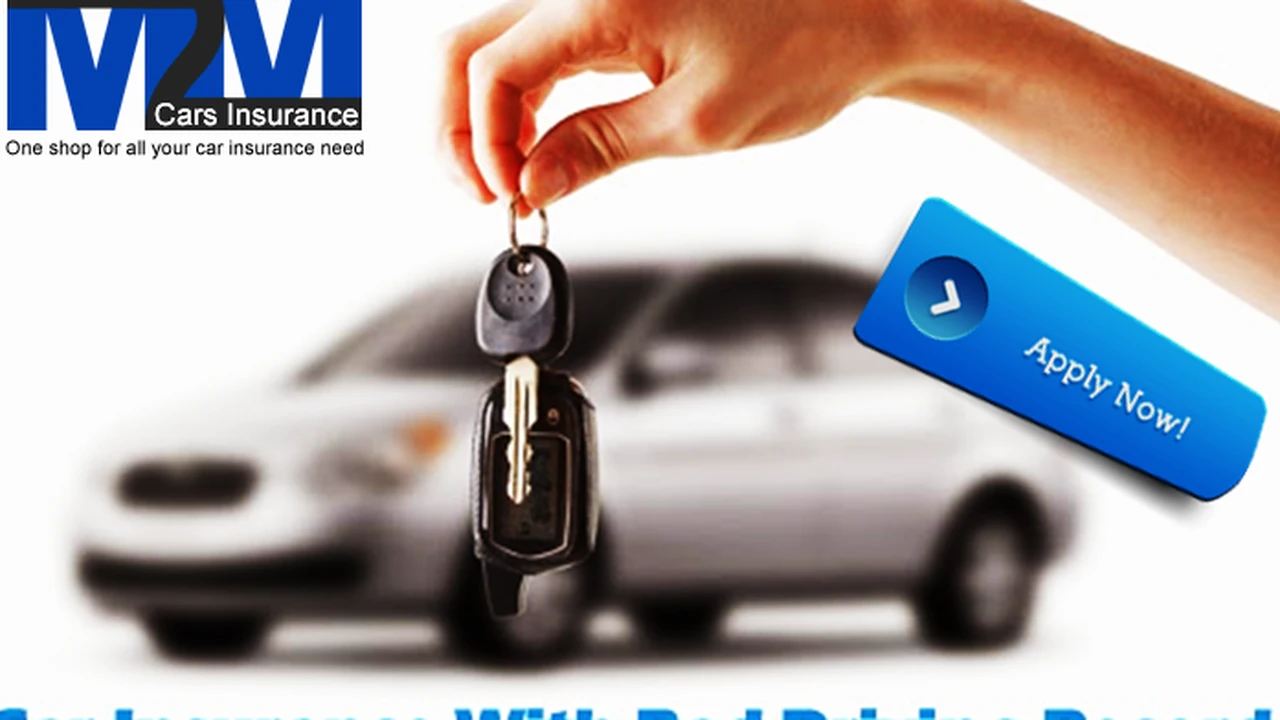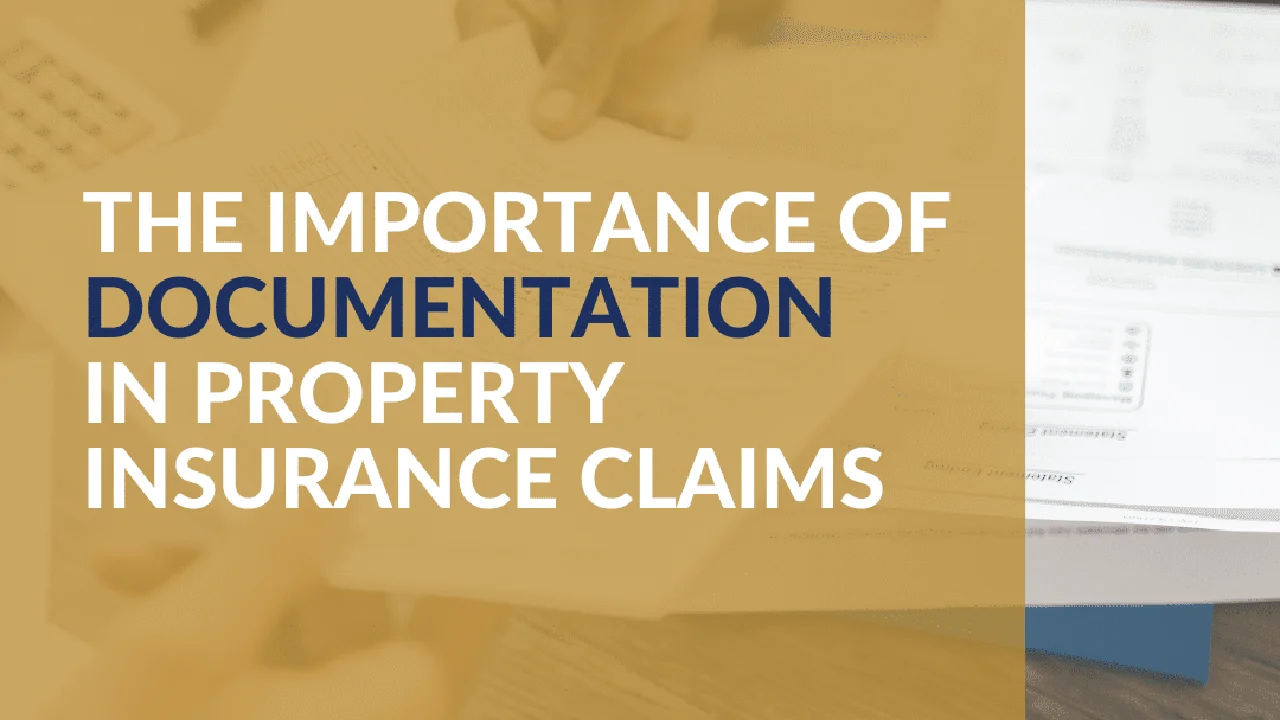Driving Record and Car Insurance: How Tickets Impact Costs

Understanding the Impact of Driving Record on Car Insurance Rates: A Comprehensive Guide
So, you got a ticket. Bummer, right? But before you start panicking about your insurance rates skyrocketing, let's break down exactly how your driving record impacts your car insurance premiums. It's not always as doom and gloom as you might think, but understanding the factors at play is key.
How Traffic Violations Affect Your Car Insurance Premiums: A Detailed Look
Insurance companies are all about risk assessment. They want to figure out how likely you are to file a claim. Your driving record is a huge piece of that puzzle. The more infractions you have, the higher the risk, and the higher your premiums will be. Think of it like this: a clean driving record is like having a gold star; a record full of tickets is more like a scarlet letter (but less dramatic, hopefully!).
Types of Traffic Tickets and Their Impact on Insurance Costs: From Minor to Major Infractions
Not all tickets are created equal. A minor speeding ticket (like going 5 mph over the limit) will have a different impact than a DUI. Here's a breakdown:
- Minor Speeding Tickets: These are usually the least impactful. Your rates might go up slightly, but it might not be a dramatic increase.
- More Serious Speeding Tickets (20+ mph over the limit): These can definitely cause a more significant rate hike. Insurance companies see this as a sign of reckless driving.
- Reckless Driving: This is a big red flag. Things like excessive speeding, weaving in and out of traffic, and disregarding traffic signals fall into this category. Expect a substantial premium increase.
- DUI/DWI: This is the worst-case scenario. DUIs are considered extremely high-risk and will result in a significant rate increase, or even policy cancellation in some cases. You might also need to file an SR-22 form, which is a certificate of financial responsibility required by the state.
- Accidents (Even if They're Not Your Fault): Surprisingly, even accidents where you're not at fault can sometimes impact your rates, especially if you have a history of claims.
How Long Do Tickets Stay on Your Driving Record and Affect Insurance Rates?
The good news is that tickets don't stay on your record forever. The length of time they affect your insurance varies by state and the severity of the offense. Generally, minor tickets can affect your rates for 3-5 years, while more serious offenses like DUIs can stay on your record for much longer, sometimes up to 10 years or more.
Shopping Around for Car Insurance After a Ticket: Finding the Best Rates with a Less Than Perfect Record
The key to finding affordable car insurance after a ticket is to shop around. Don't just stick with your current provider. Different insurance companies weigh driving records differently. Some might be more lenient than others. Get quotes from multiple companies to see who offers the best rate for your specific situation.
Strategies to Lower Car Insurance Costs After a Ticket: Discounts and Defensive Driving Courses
Okay, so you've got a ticket and your rates went up. What can you do about it? Here are a few strategies:
- Take a Defensive Driving Course: Many insurance companies offer discounts for completing a defensive driving course. Not only will this help you become a safer driver, but it can also lower your premiums.
- Increase Your Deductible: Raising your deductible (the amount you pay out-of-pocket before your insurance kicks in) can lower your monthly premiums. Just make sure you can afford to pay the higher deductible if you need to file a claim.
- Look for Discounts: Ask your insurance company about all available discounts. You might be eligible for discounts based on your age, profession, affiliation with certain organizations (like AAA), or the safety features of your car.
- Improve Your Credit Score: In many states, insurance companies use your credit score to help determine your rates. Improving your credit score can lead to lower premiums.
- Bundle Your Insurance: If you have multiple insurance policies (like car and home insurance), bundling them with the same company can often result in significant discounts.
Choosing the Right Car Insurance Policy After a Traffic Violation: Coverage Options and Considerations
Even with a less-than-perfect driving record, you still need adequate car insurance coverage. Don't skimp on coverage just to save a few bucks. Make sure you have enough liability coverage to protect yourself financially if you're at fault in an accident. Consider adding comprehensive and collision coverage to protect your vehicle from damage. Uninsured/underinsured motorist coverage is also a good idea, as it protects you if you're hit by a driver who doesn't have insurance or doesn't have enough insurance to cover your damages.
Product Recommendations: Car Insurance Companies That Offer Competitive Rates for Drivers with Tickets
Alright, let's talk specifics. Finding the right insurance company after a ticket can feel like navigating a maze. Here are a few companies known for offering competitive rates to drivers with less-than-perfect records. Keep in mind that rates vary based on individual circumstances, so it's always best to get a personalized quote.
- Progressive: Progressive is generally known for being relatively lenient with drivers who have a ticket or two on their record. They offer a "Snapshot" program that tracks your driving habits and rewards safe driving with discounts. *Usage Scenario: Great for drivers who have a single minor speeding ticket and are looking to improve their rates through safe driving. *Product Comparison: Compared to Geico, Progressive might offer slightly better rates for drivers with a recent speeding ticket, but Geico often has better overall rates for drivers with clean records. *Price: Varies greatly, but expect to pay around $150-$300 per month depending on your location, vehicle, and driving history.
- The General: The General specializes in providing insurance to high-risk drivers. They might not be the cheapest option, but they can be a good choice if you've had trouble getting coverage elsewhere. *Usage Scenario: Ideal for drivers with multiple tickets, a DUI, or a history of accidents. *Product Comparison: The General's rates are typically higher than mainstream insurers like State Farm or Allstate, but they offer coverage when others might not. *Price: Expect to pay significantly more than average, potentially $300-$500+ per month.
- SafeAuto: Similar to The General, SafeAuto focuses on providing coverage to drivers who might be considered high-risk. *Usage Scenario: Suitable for drivers who need basic coverage to meet state requirements and are struggling to find affordable options. *Product Comparison: SafeAuto often offers lower liability coverage options than larger insurers, making it a budget-friendly choice for some. *Price: Varies depending on the level of coverage, but generally more affordable than The General, potentially $200-$400 per month.
- Direct Auto Insurance: Caters to drivers who need flexible payment options and might have a challenging driving history. *Usage Scenario: A good option for drivers who prefer to pay in cash or need a payment plan. *Product Comparison: Direct Auto Insurance often has more brick-and-mortar locations than online-only insurers, providing in-person customer service. *Price: Can be comparable to SafeAuto, ranging from $200-$400 per month depending on coverage choices.
The Future of Car Insurance and Driving Records: Telematics and Usage-Based Insurance
The insurance industry is constantly evolving. Telematics and usage-based insurance programs are becoming increasingly popular. These programs track your driving habits using a device installed in your car or a smartphone app. They monitor things like speeding, hard braking, and mileage. If you demonstrate safe driving habits, you can earn significant discounts. This is a great way to offset the impact of a ticket on your insurance rates and potentially lower your premiums over time.
Staying Safe on the Road: Tips for Avoiding Traffic Tickets and Maintaining a Clean Driving Record
The best way to keep your insurance rates low is to avoid getting tickets in the first place. Here are a few tips for staying safe on the road:
- Obey Traffic Laws: This seems obvious, but it's worth repeating. Pay attention to speed limits, traffic signals, and other traffic laws.
- Avoid Distractions: Put your phone away, don't eat while driving, and minimize other distractions.
- Drive Defensively: Be aware of your surroundings and anticipate the actions of other drivers.
- Maintain Your Vehicle: Make sure your car is in good working order. Properly inflated tires, functioning brakes, and working lights can all help prevent accidents.
- Don't Drive Impaired: Never drive under the influence of alcohol or drugs.
Getting a ticket is never fun, but it doesn't have to ruin your finances. By understanding how your driving record impacts your insurance rates, shopping around for the best rates, and taking steps to improve your driving habits, you can keep your car insurance costs manageable. Drive safe out there!
:max_bytes(150000):strip_icc()/277019-baked-pork-chops-with-cream-of-mushroom-soup-DDMFS-beauty-4x3-BG-7505-5762b731cf30447d9cbbbbbf387beafa.jpg)






